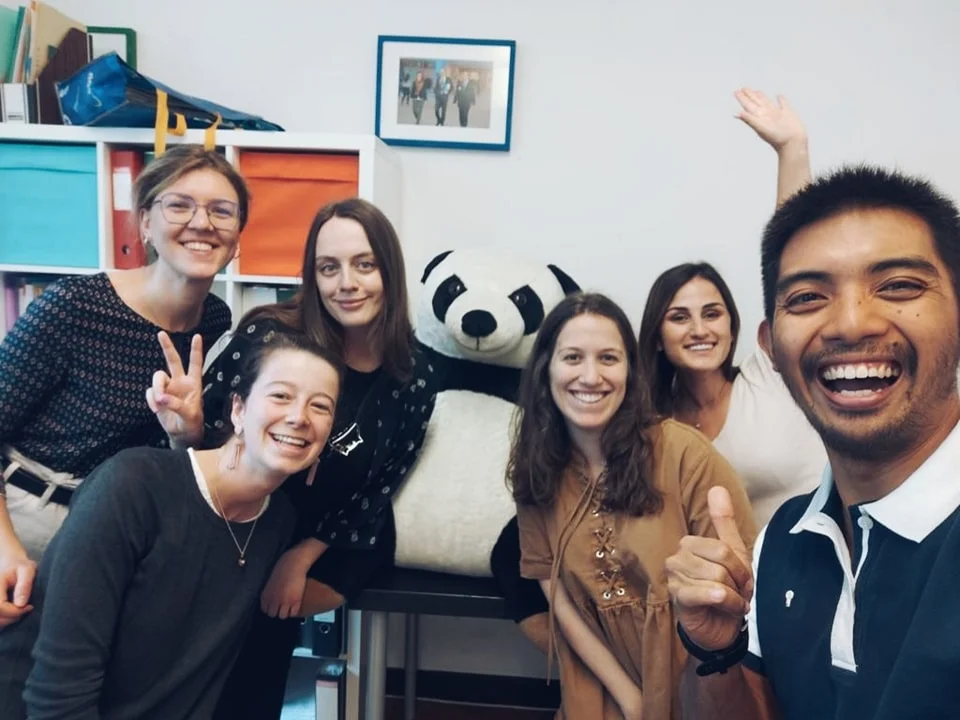This program is intended for young people aged 18 to 30 and has been held for many years across Europe and the world. In these sessions, participants have the opportunity to read texts by various authors such as C. S. Lewis, Karol Wojtyla, Viktor Frankl, Vaclav Havel, Nelson Mandela, and many others, and to discuss topics such as human dignity, solidarity, and culture. The sessions are led by specially trained mentors and are held in small groups. Through discussion and dialogue, young people develop communication, argumentation, and debate skills. The program contributes to a better understanding of the human person and their dignity, and provides an opportunity to reflect on the solidarity that connects people and the culture that ennobles them. Participants also learn about the importance of seeking and finding meaning and taking responsibility in order to achieve true freedom. Additionally, they are introduced to the basic concepts of human rights and the language used by institutions such as the United Nations and the European Union.

The purpose of the Advocacy Academy is to empower young people to actively participate in democratic life, advocating for measures and policies that serve both their interests and those of the broader community. The program is open to all young people aged 18 to 30. Through lectures and workshops, participants have the opportunity to learn how to clearly and convincingly send their message to the world and to effectively advocate for their ideas. They acquire practical knowledge and skills that are essential for anyone wishing to progress in the world of communication and public speaking. The topics covered include political communication, media presence, rhetorical skills, advocacy, and lobbying, with a special focus on familiarizing participants with the workings of international institutions and issues related to human rights, sustainable development, youth, and more.
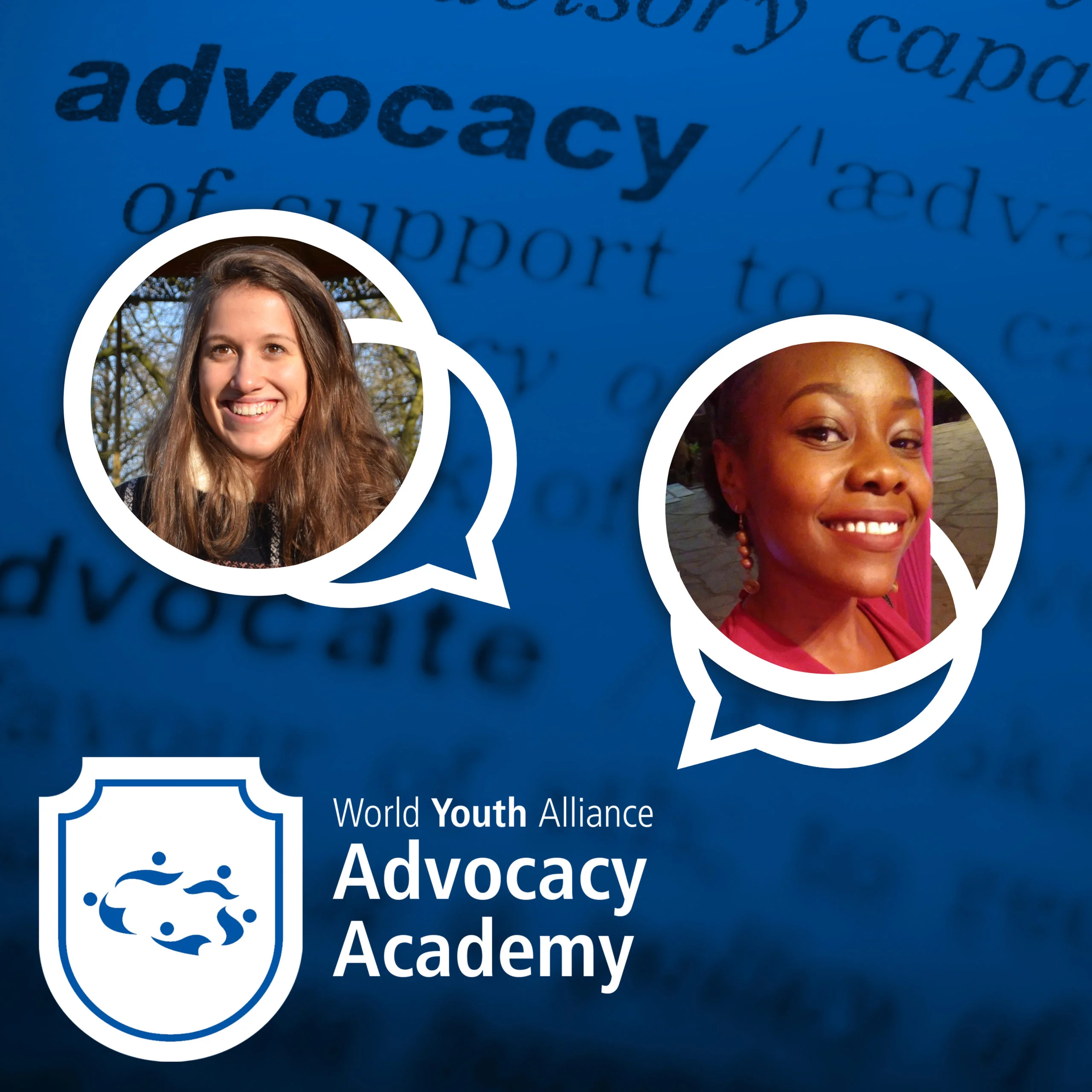
The Human Dignity Curriculum is an educational program that focuses on a child's character, personality development, and character education. It is intended for preschool, elementary, and high school children. Its starting point is human dignity—the foundation for the development of identity, building of character, and understanding of the role of virtues when making life decisions. The curriculum offers a holistic approach, is preventive in nature, and provides measurable educational objectives and outcomes for each workshop.
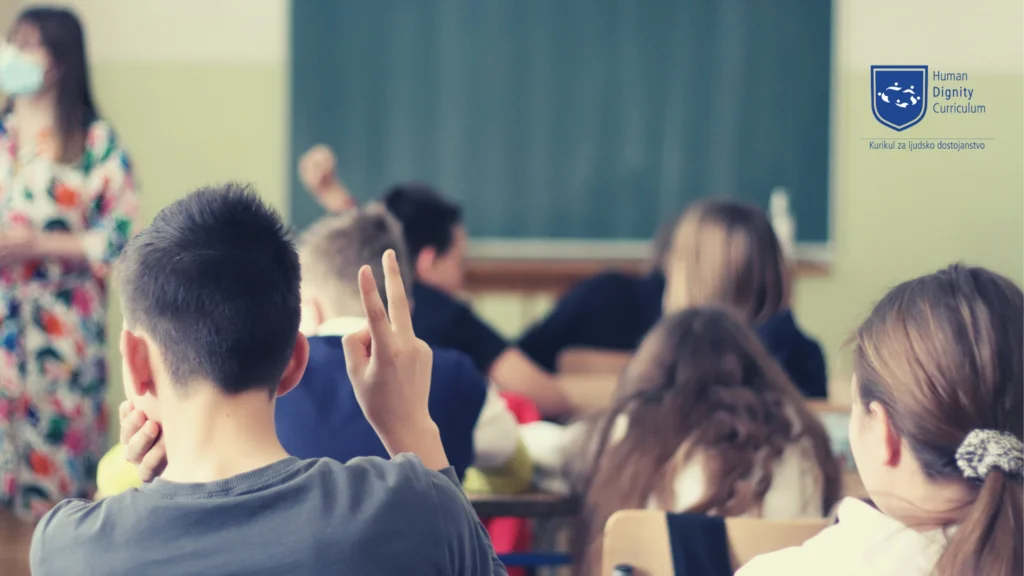
FEMM (Fertility Education and Medical Management) is a comprehensive women's health program developed by physicians and healthcare professionals from the FEMM Foundation based in New York. FEMM addresses the challenges associated with women’s right to informed choice and higher-quality healthcare. As part of the FEMM education program, participants are given the opportunity to learn about the importance of identifying biomarkers (measurable indicators of the body’s condition) and hormonal indicators. The goal of the education is to preserve reproductive health, treat diseases, and support natural family planning. FEMM also offers a free app that helps users track their cycles, notice changes, and take care of their health.
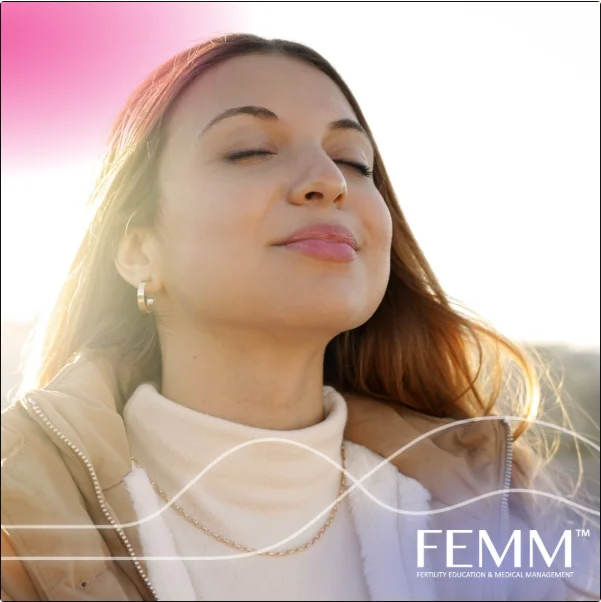
The purpose of the Training of Trainers is to strengthen the competencies of members, leaders, and trainers of the World Youth Alliance and partner organizations operating within the WYA network. The training enhances participants’ skills in working with youth, facilitation methods, understanding human rights and active citizenship, successful fundraising, and preparing project proposals for EU funding, as well as in communication and advocacy. To date, over 500 young people from across Europe have participated, and the training is conducted using informal and peer learning methods.
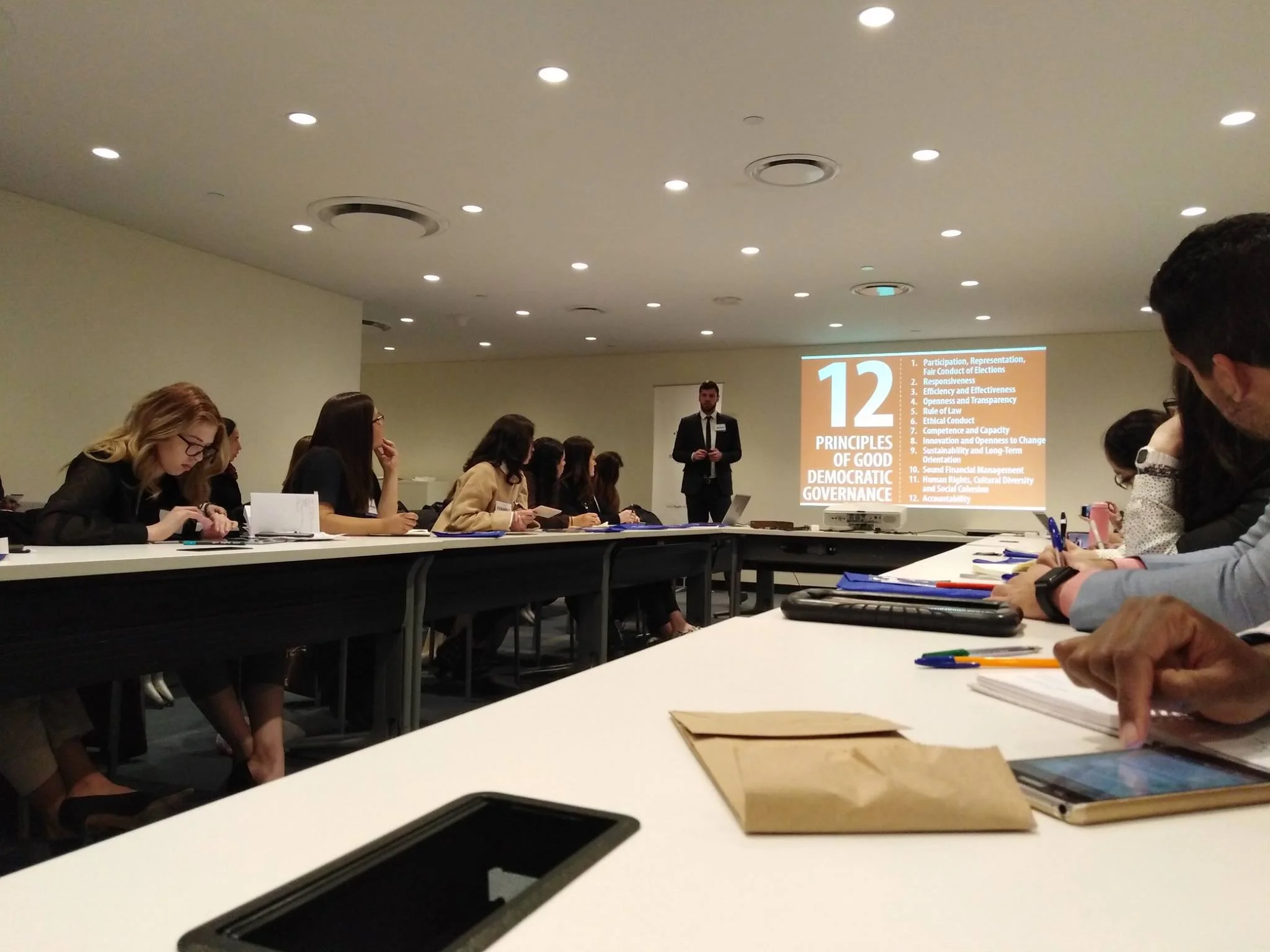
The World Youth Alliance Internship Program provides opportunities for young people who are inspired by the ideas and work of the World Youth Alliance (WYA) to gain professional skills working on WYA’s projects and a substantive learning experience on WYA’s core ideas. Projects are designed to enhance each student’s specific academic background and interests. Interns receive mentorship and training from WYA staff members. Ideal candidates possess a strong desire to protect and promote human dignity while making a positive impact on society. Candidates must be proactive, self-driven, resourceful, detail-oriented, and humble individuals with a willingness to learn.
